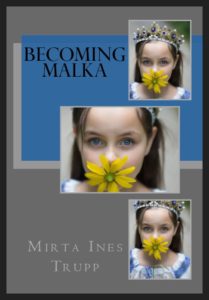Love it or hate it (and I do a little of both) there is no place like California. The history of the state seems to be completely disconnected from most of the rest of the US. One of the most interesting periods–and a metaphor for everything that’s happened there since, from Hollywood to Silicon Valley–is the Gold Rush. That time period has given us writers like Brett Harte and Mark Twain.
Richard Roux has now added his novel, A Branch Too Weak, to the mix. I was happy to talk to him and learn more. He was born and raised in Bakersfield, California. By profession, he is a high school history teacher and adjunct professor in history at Bakersfield Community College. With an interest in a variety of topics and activities, Richard brings to his writing a mixture of history, anecdotes, and humor.  When not spending time with his family, teaching, playing hockey, and enjoying the outdoors, he continues to research and write. A series of new releases are planned for the future.
When not spending time with his family, teaching, playing hockey, and enjoying the outdoors, he continues to research and write. A series of new releases are planned for the future.
What’s A Branch Too Weak about?
A Branch Too Weak is a work of historical fiction based on the California Gold Rush. The main character, Danny Vance, is an ambitious young man. Like thousands of other Americans, he was enticed west when word of gold in California reached the rest of the United States. It became his goal to reach California to “see the elephant.” Faced with struggle, sacrifice, violence, and himself on a daily basis, he pushed his limits to achieve his dreams. The journey west wasn’t what he expected; it rarely was. Will Danny Vance make it to California, or give up like so many others? Will he find his fortune? Will he find himself? Only he could provide the answers.
This is the first book in the Golden Empire Series. Additional books will explore events and characters in California, mixing actual history and individuals with a fictional story line.
California is a fascinating place… actually several different places all smooshed together. What is it about that time period that got you going?
History has always been an important part of my life. For me, it is an escape. I 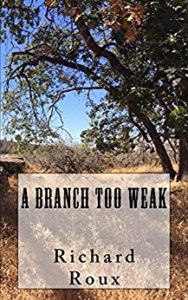 love exploring how local history is intertwined with national events. And I have always been drawn to history of the American West. So, throughout my life, I have contemplated how my little corner of the world developed over time. My family has some property in the Greenhorn Mountains of Kern County. The area witnessed its own gold rush in 1853 and 1854.
love exploring how local history is intertwined with national events. And I have always been drawn to history of the American West. So, throughout my life, I have contemplated how my little corner of the world developed over time. My family has some property in the Greenhorn Mountains of Kern County. The area witnessed its own gold rush in 1853 and 1854.
For years, I imagined what type of people moved to the region—where they came from, what they did for a living, and what life was like for them. Over the last year, I started to formulate a story in my head about the California Gold Rush, and about how an individual might venture out to California to chase their dreams, and how they might end up in the Greenhorn Mountains. This last summer, after teaching six weeks of summer school, I found myself with four weeks off. I figured there was no time like the present, so I wrote this book.
In a sense, this book is a reflection of several decades of reflecting on the history of the United States, California, and the Greenhorn Mountains. It is my attempt to craft a compelling story with a likable character, all while relaying some history.
I know it’s an unfair question, but what’s your favorite scene in the book?
One scene in the book has Danny Vance walking up a rock-strewn, rutted track known as the Greenhorn Trail that leads to the Kern River Gold fields. The trail winds its way up a ridge that has oak, pine, and fir trees, as well as clusters of dense brush. That trail seemingly climbs forever. I describe how Danny felt walking up that trail. The heat and sweat, the burning muscles straining to reach the plateau, and the quest for shade. This scene means a lot to me, because I have walked that trail and have experienced the same feelings and struggle. In a way, I am Danny at that moment in time.
Where can folks learn more about you and your work?
I and my book can be found several places:

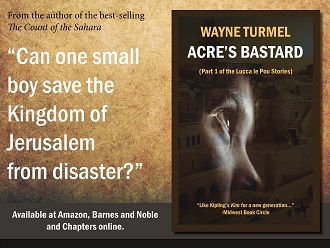
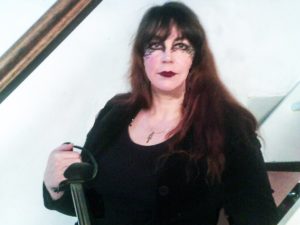 Writer, mad cake lady, re-enactor, historian.
Writer, mad cake lady, re-enactor, historian.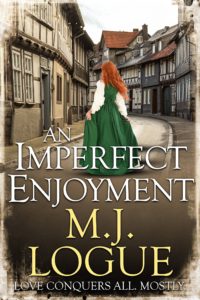

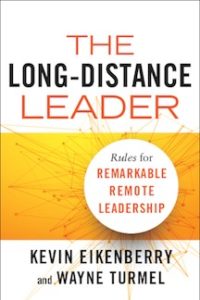 available for pre-order. It’s from Berrett-Koehler publishers, and we couldn’t be happier, both with the book and our partnership with B-K.
available for pre-order. It’s from Berrett-Koehler publishers, and we couldn’t be happier, both with the book and our partnership with B-K.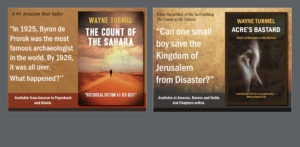
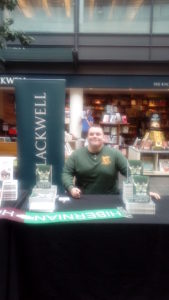 Ian Colquhoun is an author and historian from Livingston, Scotland. Since 2007 he has released 11 books, with subjects ranging from military history to football. He is a keen military historian and Hibernian FC fan. Ian’s life changed in 2002 when, at the age of 24, he was the victim of assault and arson which saw him lose both legs. No longer able to do his old warehousing job, he went to university to study history and then went on to writing. For a time he was also an amputee actor/stunt man (okay, I now feel completely useless and out of excuses for pretty much anything!), and has appeared in movies like The King’s Speech and Sunshine on Leith, as well as in TV series such as Taggart and Downton Abbey. Largely retired now for medical reasons, Ian still writes for a newspaper called The Irish Voice, mostly covering sports.
Ian Colquhoun is an author and historian from Livingston, Scotland. Since 2007 he has released 11 books, with subjects ranging from military history to football. He is a keen military historian and Hibernian FC fan. Ian’s life changed in 2002 when, at the age of 24, he was the victim of assault and arson which saw him lose both legs. No longer able to do his old warehousing job, he went to university to study history and then went on to writing. For a time he was also an amputee actor/stunt man (okay, I now feel completely useless and out of excuses for pretty much anything!), and has appeared in movies like The King’s Speech and Sunshine on Leith, as well as in TV series such as Taggart and Downton Abbey. Largely retired now for medical reasons, Ian still writes for a newspaper called The Irish Voice, mostly covering sports.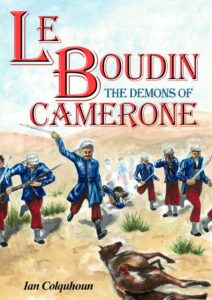

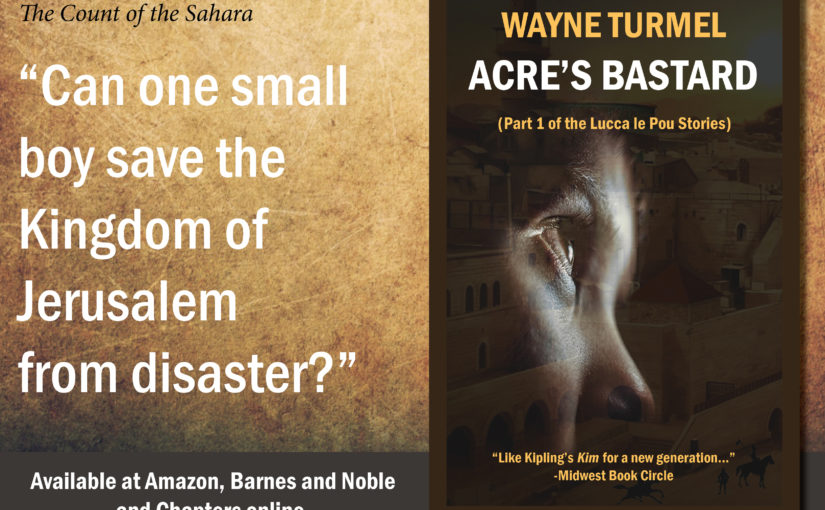
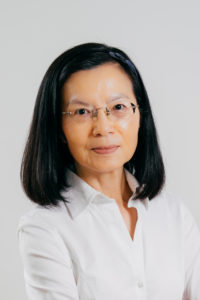 Not only is the book set in the Ming and Qing dynasties, but Alice lives and writes in Richmond, BC, about 40 miles from my home town. She’s an avid reader of world historical fiction. Born and educated in Hong Kong, she grew up devouring Jin Yong’s (Louis Cha’s) martial arts and chivalry novels which are all set in China’s distant past. That sparked her life-long interest in Chinese history. Writing historical novels set in Old China has been her long cherished dream. She is the author of the bestselling Chinese edition of Land and the Ruling Class in Hong Kong, which won the 2011 Hong Kong Book Prize. In 2007, Canadian Book Review Annual selected the original English Edition as Editor’s Choice (Scholarly). Okay, she’s way out of my league but she talked to me anyway….
Not only is the book set in the Ming and Qing dynasties, but Alice lives and writes in Richmond, BC, about 40 miles from my home town. She’s an avid reader of world historical fiction. Born and educated in Hong Kong, she grew up devouring Jin Yong’s (Louis Cha’s) martial arts and chivalry novels which are all set in China’s distant past. That sparked her life-long interest in Chinese history. Writing historical novels set in Old China has been her long cherished dream. She is the author of the bestselling Chinese edition of Land and the Ruling Class in Hong Kong, which won the 2011 Hong Kong Book Prize. In 2007, Canadian Book Review Annual selected the original English Edition as Editor’s Choice (Scholarly). Okay, she’s way out of my league but she talked to me anyway….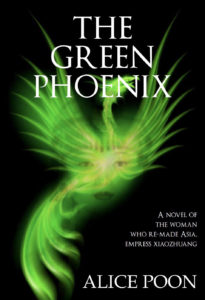 book?
book? Anthony (Tony) Cleveland is an Associate Professor of Psychology at Jackson College in Jackson, Michigan. He has a B.S. In Chemistry from the University of Toledo and an M.A. In Counseling Psychology from Moody Theological Seminary – Michigan.
Anthony (Tony) Cleveland is an Associate Professor of Psychology at Jackson College in Jackson, Michigan. He has a B.S. In Chemistry from the University of Toledo and an M.A. In Counseling Psychology from Moody Theological Seminary – Michigan.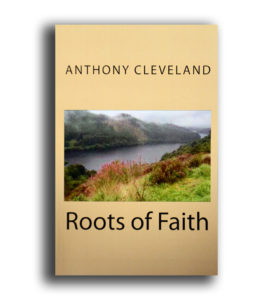 about are my ancestors. I wanted my grandchildren to know of the sacrifices their ancestors made in coming to America and the importance their faith made in that endeavor. The book, of course, is historical fiction. I attempt to weave together an imaginative yet informative blend of history and myth, fact and fiction, that will help guide them through their lives after I am long gone. I do pray reading this work will help them remember not only the history of their ancestors but of our nation. God willing, it will somehow inspire them to stay strong in faith, follow the teachings of Jesus of Nazareth, and, ultimately, “run the race well”.
about are my ancestors. I wanted my grandchildren to know of the sacrifices their ancestors made in coming to America and the importance their faith made in that endeavor. The book, of course, is historical fiction. I attempt to weave together an imaginative yet informative blend of history and myth, fact and fiction, that will help guide them through their lives after I am long gone. I do pray reading this work will help them remember not only the history of their ancestors but of our nation. God willing, it will somehow inspire them to stay strong in faith, follow the teachings of Jesus of Nazareth, and, ultimately, “run the race well”.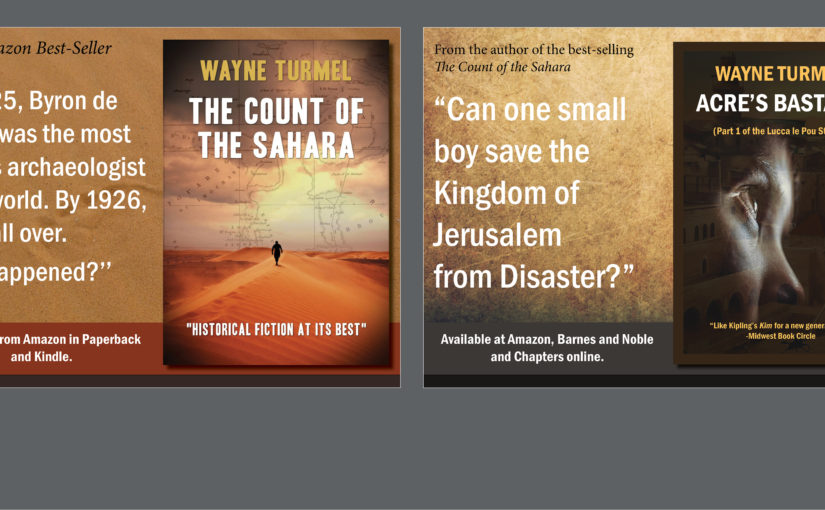
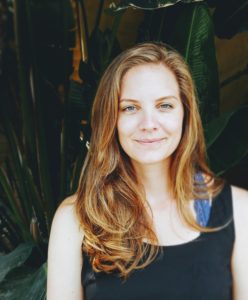 Just a girl born in the wrong era. My name is Lauren, I’m an artist and writer living in California. To sum myself up I propose this:
Just a girl born in the wrong era. My name is Lauren, I’m an artist and writer living in California. To sum myself up I propose this: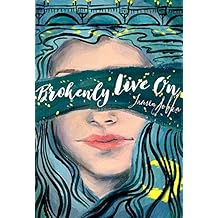
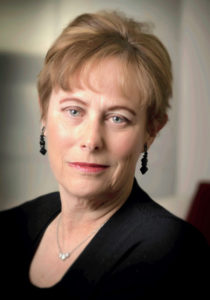
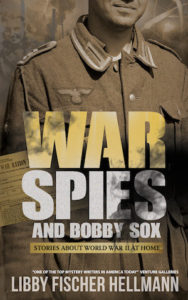 in recent history where there was such clarity between good and evil. It was a time where some people turned out to be heroes while others became cowards—or worse. So it presents a wonderful opportunity for complex character development. At the same time, though, I was intimidated at the prospect of writing about the war. So many rich, beautiful stories have already been written (NiGHTINGALE, ALL THE LIGHT WE CANNOT SEE, UNBROKEN, SARAH’S KEY, and more) I wondered what I could possibly add. A friend of mine, however, thought differently, and while she didn’t dare me, she did encourage me to write about the era. Eventually I took a deep breath and dived in. My caveat was to choose small pieces of the human “canvas,” since I couldn’t write about battles and military actions.
in recent history where there was such clarity between good and evil. It was a time where some people turned out to be heroes while others became cowards—or worse. So it presents a wonderful opportunity for complex character development. At the same time, though, I was intimidated at the prospect of writing about the war. So many rich, beautiful stories have already been written (NiGHTINGALE, ALL THE LIGHT WE CANNOT SEE, UNBROKEN, SARAH’S KEY, and more) I wondered what I could possibly add. A friend of mine, however, thought differently, and while she didn’t dare me, she did encourage me to write about the era. Eventually I took a deep breath and dived in. My caveat was to choose small pieces of the human “canvas,” since I couldn’t write about battles and military actions.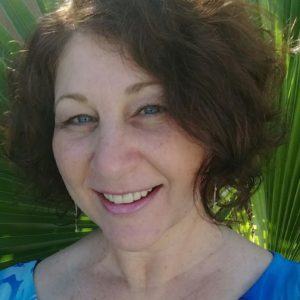 Mirta is a second generation Argentine; she was born in Buenos Aires in 1962 and immigrated to the United States that same year. Because of the unique fringe benefits provided by her father’s employer- Pan American Airlines- she returned to her native country frequently- growing up with “un pie acá, y un pie allá” (with one foot here and one foot there). Mirta’s self-proclaimed life’s career has been raising a family and creating a home, alongside her husband of over thirty years. She returned to the world of the gainfully employed late in life; currently in a position which doesn’t require one iota of dramatic flair – just common sense, organization and attention to detail. Rather than being self-deprecating, Mirta lightheartedly concedes that her paper pushing makes a number of people happy, as that bureaucratic busywork ensures that payroll is met and invoices are processed. Besides being an avid novel reader and a devoted Beatles fan, Mirta most enjoys singing choral music and researching family genealogy.
Mirta is a second generation Argentine; she was born in Buenos Aires in 1962 and immigrated to the United States that same year. Because of the unique fringe benefits provided by her father’s employer- Pan American Airlines- she returned to her native country frequently- growing up with “un pie acá, y un pie allá” (with one foot here and one foot there). Mirta’s self-proclaimed life’s career has been raising a family and creating a home, alongside her husband of over thirty years. She returned to the world of the gainfully employed late in life; currently in a position which doesn’t require one iota of dramatic flair – just common sense, organization and attention to detail. Rather than being self-deprecating, Mirta lightheartedly concedes that her paper pushing makes a number of people happy, as that bureaucratic busywork ensures that payroll is met and invoices are processed. Besides being an avid novel reader and a devoted Beatles fan, Mirta most enjoys singing choral music and researching family genealogy.